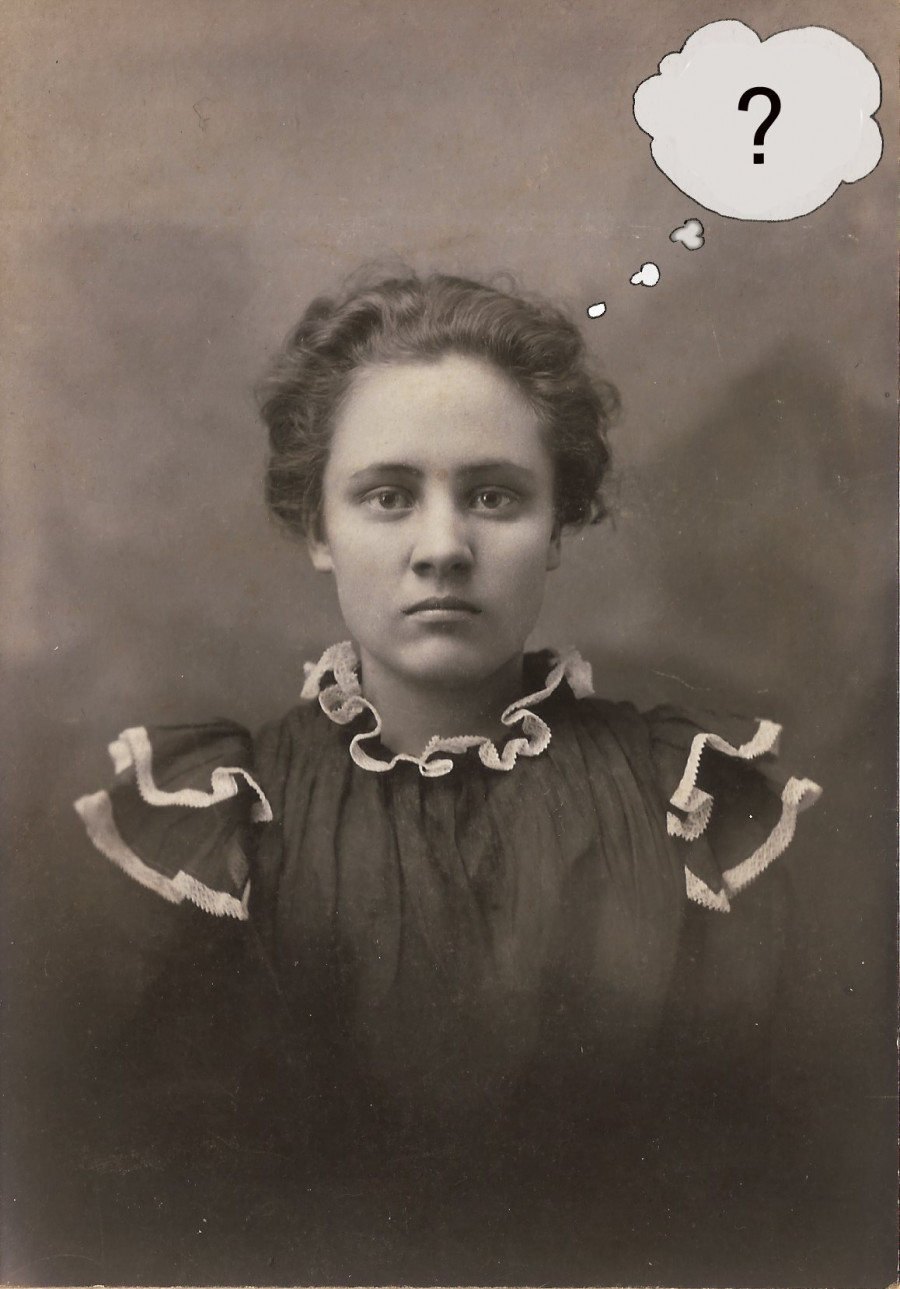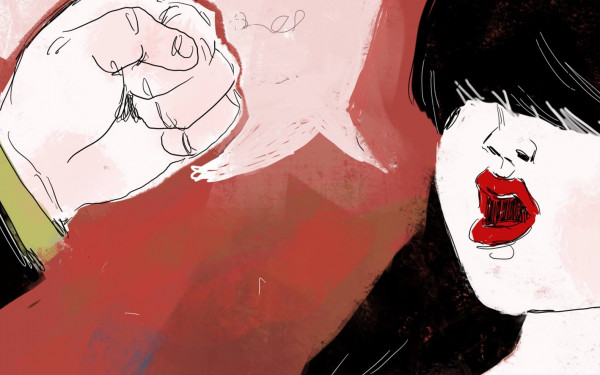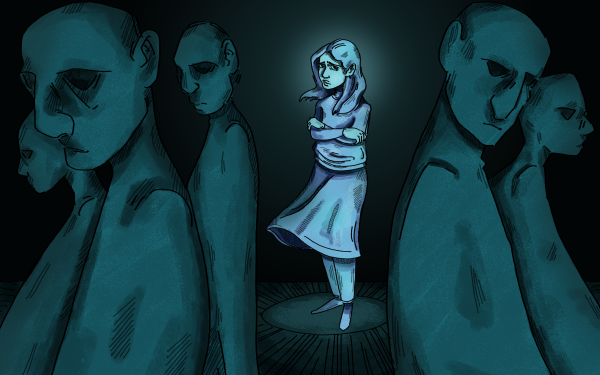Rape Culture in Our Courts
A Quebec Judge’s Comments Expose the Problem With the Justice System
In late October, a Quebec judge recused himself from a sexual assault case, during which he said the 17 year-old victim “was probably a little flattered” by the “attention” of the defendant because, according to him, she was “a little overweight.”
Here’s what happened: in May, Judge Jean-Paul Braun was overseeing a trial of a taxi driver who was accused of sexually assaulting an underage passenger. The judge then deemed it proper to comment about the girl’s appearance, saying she was a bit overweight, which is why, according to his logic, she was probably flattered by the “attention.”
There are a number of things that are outrageously wrong with this judge’s stance. First, it’s a trial on sexual assault, which means whatever different perspective he has on what is considered to be offensive or not, doesn’t even count. In other words, the argument of flattery like a lot of people do with catcalling, for example, is even more unwarranted.
Assault means there has been unwanted physical “contact,” to say the least, which means it is, beyond a doubt, not something to be flattered about.
Second, this was a 17 year-old girl, and I continue saying “girl” to emphasize the fact that she’s a minor. Women much older are still afraid of coming forward with sexual harassment or assault cases, because of situations like this one where someone minimizes the severity of the case by diminishing its value. Now that younger victims are feeling braver in coming forward with their stories, how is it even remotely acceptable to allow someone, a judge nonetheless, to devalue her case?
It’s important to mention that the judge eventually found the driver, Carlo Figaro, guilty of sexual assault. But it’s also important to note that it was unprofessional and unacceptable for a judge to give his opinion of the girl’s appearance, and assume what she felt. This is maybe the most confusing and worrisome part. The judge gave comments that were favorable to the taxi driver, and yet found him guilty.
What does this say about the structure of the law? To me, it says the law isn’t wrong. According to the law, the taxi driver is undeniably guilty. Here’s the troublesome part: in my opinion, it almost seemed like the judge was forced to follow the law, but didn’t really believe in the ethical part of it.
What I mean is he would not have been able to get away with finding Figaro innocent, because the law proved otherwise. However, had it been up to him personally, would he have found him guilty judging by the comments he made towards the girl?
Figaro is awaiting his sentence and has appealed the ruling. Judge Lori Weitzman is overseeing the case since end of November, after Braun withdrew from it.
Prosecutor Dennis Galiatsatos, according to the CBC, told the appeals court that he suspected “the judge made several errors of law” and “somewhat serious errors on the question of consent, the sexual character of certain acts, and certain worrisome comments.”
I am not a law agent, but I do know that in the world of the justice system, those who are in fact law agents are to judge the alleged law-breakers, and not the victims. This case speaks to the need for more awareness in the justice system about the reality of sexual assault, as this case is just one of the many glaring examples of representatives of the law grossly misunderstanding its implications.
Luckily, the platform on which women and men are encouraged to share their stories of assault and harassment has widened, which allows room for more people to feel like they will be listened to. Although people like Judge Braun exist, you also have people like Justice Minister Stéphanie Vallée, who filed a complaint against Braun.
I hope survivors don’t get discouraged by this situation, because even though judges like Braun will continue to exist, there will be others who will stand by you.






_600_375_90_s_c1.jpg)
2_600_375_90_s_c1.jpg)